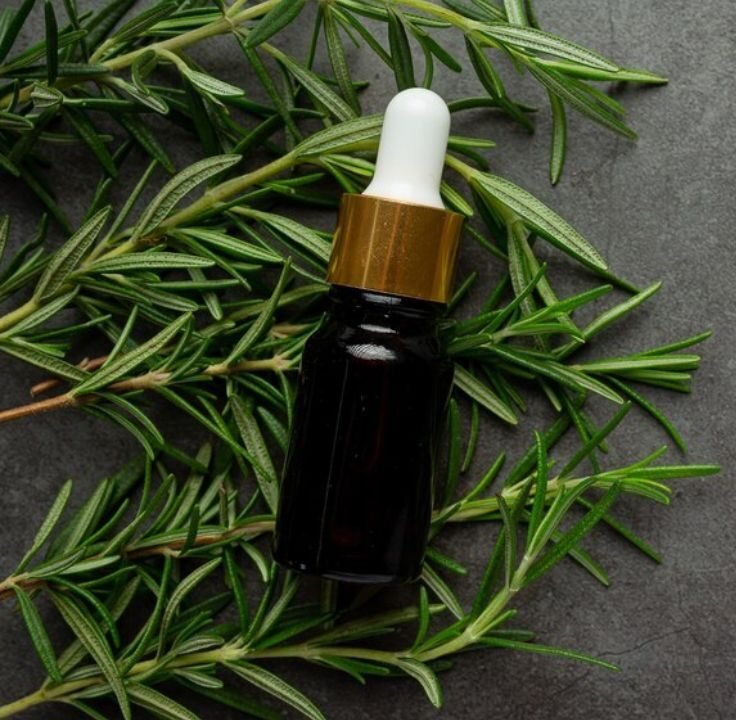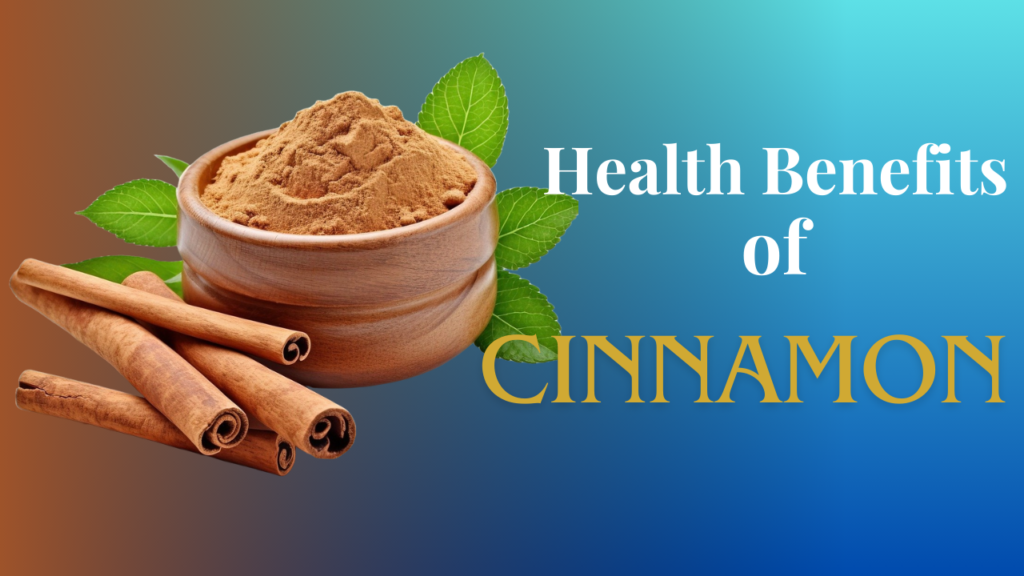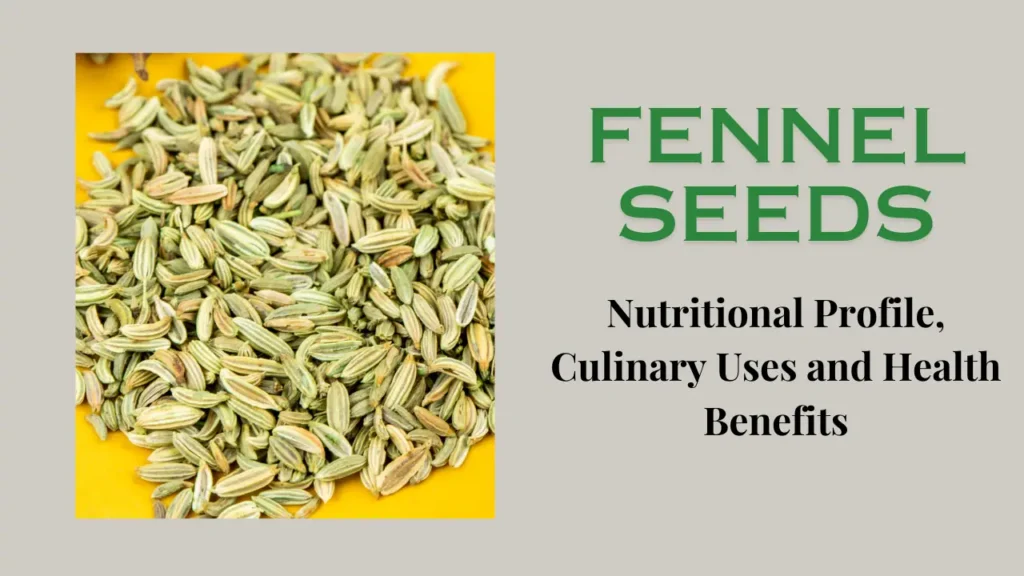Among the vast field of Essential oils, Rosemary oil is known for its versatile properties and innumerable benefits. With its centuries-old history, it is not only used in cooking but is also used in traditional medicine. In this comprehensive guide, we’ll explore the various properties of this herb.

Table of Contents
The Origins and Extraction of Rosemary Oil
- Rosemary (Rosmarinus officinalis) is a revered herb. Its roots are found in ancient civilizations like Greek, Roman, and Egyptian. Its name, derived from the Latin words “ros” (dew) and “marinus” (sea), evokes its native coastal Mediterranean habitat.
Oil Extraction Methods
- Its oil is usually extracted by steam distillation method. In this process, the essential oils of the plant are extracted without compromising their potency. The leaves and flower heads of the plant are carefully distilled to obtain a pure, concentrated essence.
The Chemistry Behind Rosemary Oil's Potency
- The complex composition of rosemary oil contains several key components such as cineole, camphor, and pinene. These compounds contribute to its antimicrobial, anti-inflammatory, and antioxidant properties.
- Its oil provides it with many medicinal benefits. Which includes functions ranging from boosting cognitive function to promoting hair health. Therefore it is important to understand the mode of action of this oil.
Aromatherapy and other benefits
1. Aromatherapy Benefits
- Due to the invigorating aroma of rosemary oil, it is extensively used in aromatherapy. It is known to stimulate the mind, reduce stress, and improve focus. Its oil creates a calming environment for both work and relaxation.
2. Skin and Hair Care
- Rosemary oil has antimicrobial and anti-inflammatory properties making it a valuable addition to your skin care routine. It helps heal acne, soothe irritation, and promote a healthy scalp which also leads to good hair growth.
Culinary Uses of Rosemary Oil
- Taste Enhancer: In addition to its aromatic appeal, rosemary oil is a culinary treasure. A few drops can enhance any dish and add flavor to marinades, dressings, and roasted vegetables. It is used in everything from savory to sweet dishes.
- Health-Conscious Cooking: Adding rosemary oil to your cooking not only enhances the taste of the dishes but also provides many health benefits. The antioxidant properties present in the oil contribute to overall well-being by neutralizing free radicals.
Read More: Rosemary
Rosemary Oil and Wellness
A. Cognitive Support
- Some studies have shown that inhaling rosemary oil increases cognitive performance, memory retention, and alertness. Try using this oil during work or study sessions for your natural mental boost.
B. Stress Reduction
- The calming aroma of its oil helps reduce stress and anxiety. You can incorporate it into your daily routine by adding a few drops of rosemary oil to your bath water or using it in massage oil.

Conclusion
In conclusion, rosemary oil is a multifunctional oil that goes beyond its aromatic allure. From culinary lovers to health advocates, it is known for its diverse applications. Whether you want cognitive clarity, healthy skin, or simply a pleasurable culinary experience, It provides you with all of these benefits.
Remember, before starting any new wellness regimen, it’s always best to consult with a healthcare professional to ensure it is suitable for your specific needs and circumstances.
Frequently Asked Question
Generally, it is not recommended to leave rosemary oil in your hair overnight. Although this does not cause any serious harm, doing so may cause a burning sensation, especially if you have sensitive skin. It is also possible that this oil may stain light-colored hair. Therefore, keep it on for 20-30 minutes only.
Many people are not allowed to use this oil, including pregnant and lactating women, people suffering from epilepsy, and individuals with sensitive skin. Additionally, if you have any underlying medical conditions, be sure to consult your doctor before using it.
There is some evidence that suggests that rosemary oil helps with hair growth. Studies have shown that it is as effective as minoxidil (a common hair loss treatment) in promoting hair growth. However, it is important to remember that these studies are not conclusive and further research is needed.
No, you should never apply rosemary oil directly to your skin. This is a powerful essential oil that can cause irritation, redness, and even irritation. Before applying it, mix it with a carrier oil like jojoba, coconut, or almond oil. Its safe ratio is 2-3 drops of rosemary oil per 1 teaspoon of carrier oil.
Applying rosemary oil directly on your scalp without diluting it can cause irritation, redness, swelling, and even allergic reactions. Many severe cases have also been reported, including temporary hair loss. It is important to dilute it properly and do a patch test on the inner part of your arm before applying it to your scalp.
Remember: Whenever you use this oil for hair, always use it in a diluted form. Also, do a patch test before using it and avoid leaving it overnight. If you feel any irritation, stop using it immediately and consult your doctor.








